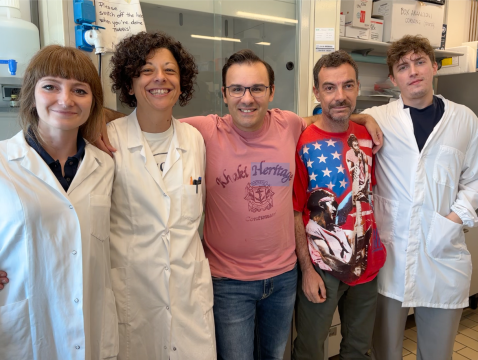
A multidisciplinary team from the University of Milano-Bicocca, coordinated by Daniele Ramazzotti (Department of Medicine and Surgery and IRCCS San Gerardo dei Tintori Foundation), has developed an innovative new method to deepen our understanding of the evolutionary mechanisms underlying different types of cancer, enabling increasingly targeted diagnoses and treatments.
The project also involved researchers from the Department of Informatics, Marco Antoniotti and Alex Graudenzi; from the Department of Medicine, Rocco Piazza and Luca Mologni; and Giulio Caravagna from the University of Trieste. The team further includes Matteo Villa, Federica Malighetti, Luca De Sano, Alberto Maria Villa, Nicoletta Cordani, and Andrea Aroldi.
Based on the analysis of mutational signatures, recurring patterns of DNA mutations that reveal the history of damage experienced by tumour cells and help trace their origin and development mechanisms, the RESOLVE method (Robust EStimation Of mutationaL signatures Via rEgularization) enables more precise identification of mutational signatures, more reliable estimation of their relevance in individual patients, and the ability to classify tumours into molecular subtypes, with promising implications for personalised medicine.
The method is presented in the article “Comprehensive analysis of mutational processes across 20,000 adult and paediatric tumours”, published in the journal Nucleic Acids Research.